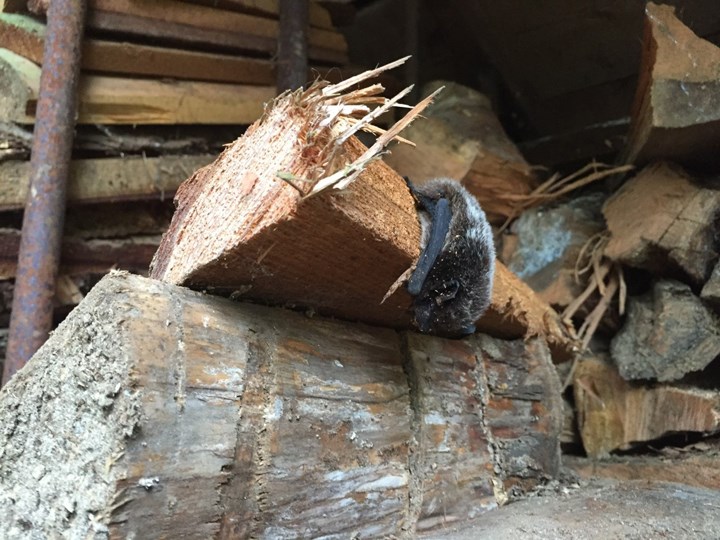If the spring weather makes you feel like going outside, you are not alone. Warm temperatures mean that bats are becoming active after a winter of hibernation and the BC Community Bat Program wants you to keep your eyes open for bat activity.
“Reporting spring bat activity can help researchers identify where bats may spend the winter and learn about regional differences in the timing of hibernation,” said a news release. “To observe bats, go outside at dusk, near a pond, forest, or rocky bluff and look for bats flying as they hunt for insect prey or head out for a drink. You may also find bats roosting in unusual places as they travel from winter to summer areas. Don’t be surprised to find a sleeping bat in a woodpile, under an overhang, or tucked into a corner of the shed.”
These animals may be resting for a few days before continuing on, and should be left alone if they are in a safe place. If you have a bat house or a roost site in a building, check for new guano to know when your bats are back.
You can report sightings to the BC Community Bat Program at www.bcbats.ca. If you find a dead bat, report it to the CBP (1-855-922-2287 ext 11 or vancouver@bcbats.ca) as soon as possible for further information. Never touch a dead bat with your bare hands.



